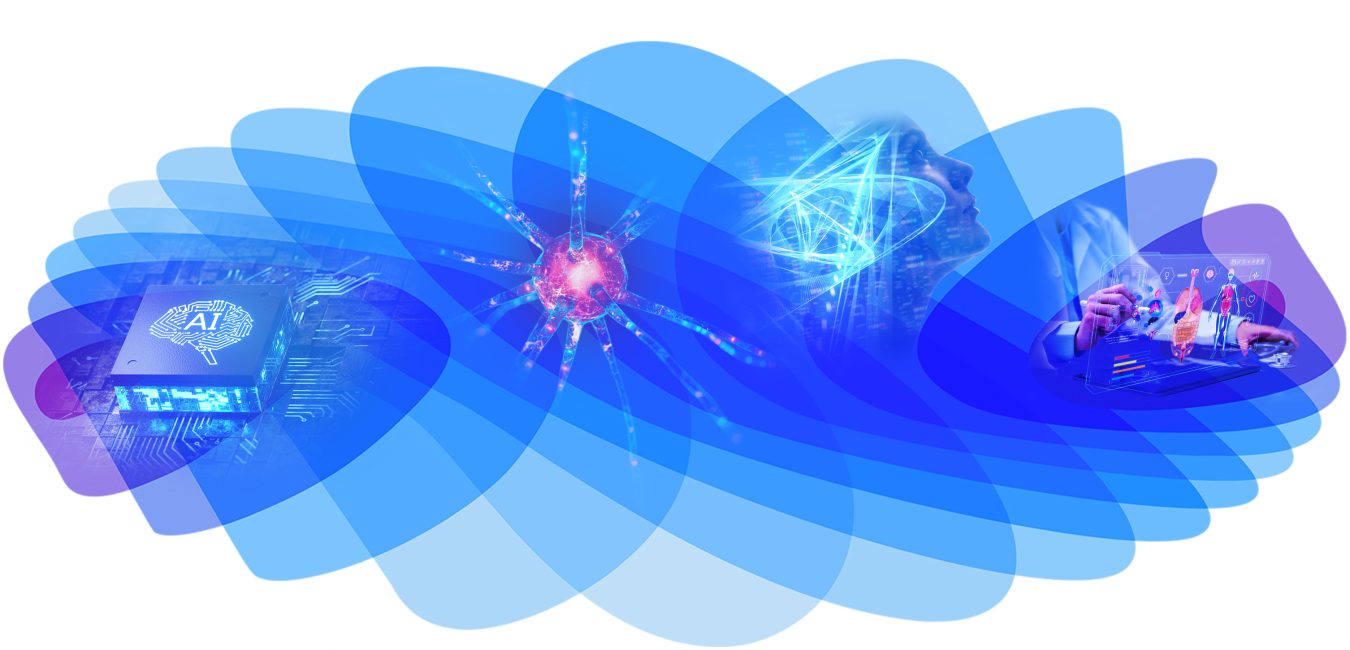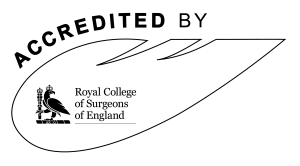Description
The field of microrobotics has grown rapidly in recent years offering potential to revolutionize future medical practices. Microrobots are being investigated for both in vivo and in vitro applications with both tethered and untethered systems. Due to their small size of less than 1 mm, microrobots are typically either: (1) attached to fibers that deliver the energy required for their actuation; (2) actuated by remote force fields including magnetic, acoustic, electric, and electromagnetic fields; or (3) equipped with an on-board energy source such as bacteria or chemical catalysts. Importantly, deploying micro/nanorobots in vitro for cell sorting and handling would allow the development of innovative and personalized drugs (e.g. isolating and amplifying the patient’s immune cells to facilitate tailored medical products). In addition, their use for in vivo applications provides numerous opportunities to improve clinical outcomes in the areas of surgery, diagnostics, treatment/therapy and beyond (e.g. through improved systems for targeted drug delivery, deployment of minimally invasive diagnostic tools in previously inaccessible regions, etc.). However, clinical deployment of micro/nanorobots also brings considerable challenges, for example in terms of fabrication requirements, visualization, navigation and ethical considerations.
This workshop will bring together researchers in the broad field of micro/nanorobotics to exchange ideas on the current state-of-the-art and future trends towards medical applications. A variety of micro/nanorobotic techniques and medical applications will be covered in order to give the audience a comprehensive overview of the field. The workshop will have a full-day format with more than ten invited speakers and presenters working on various aspects of microrobots including fabrication, actuation and control, sensing, and medical applications.
Programme
| 08:30 - 09:00 | Registration & Coffee | |
| 09:00 - 09:30 | TBD | Dr Dandan Zhang / Imperial College London |
| 09:30 - 10:00 | Early Diagnosis of Bowel Cancer using Microrobots: Recent Advances at the Exeter Small-Scale Robotics Laboratory | Dr Yang Liu / University of Exeter |
| 10:00 - 10:30 | TBD | Mr Fabian Landers / ETH Zurich |
| 10:30 - 11:00 | Coffee Break | |
| 11:00 - 11:30 | TBD | Dr Aude Bolopion / FEMTO-ST |
| 11:30 - 12:00 | Going with the Flow: Utilising Soft Robotics for Tissue Engineering and Drug Delivery | Dr Jonathan Wojciechowski / Imperial College London |
| 12:00 - 12:30 | TBD | Dr Antoine Barbot / FEMTO-ST |
| 12:30 - 13:30 | Lunch Break | |
| 13:30 - 14:00 | TBC | Dr Larisa Florea / Trinity College Dublin |
| 14:00 - 14:30 | TBD | Dr Juliane Simmchen / University of Strathyclyde |
| 14:30 - 15:00 | Medical Microrobots: Innovating the Next Generation of Interventional Procedures | Dr Hakan Ceylan / Mayo Clinic |
| 15:00 - 15:30 | Coffee Break | |
| 15:30 - 16:00 | Smart Systems for Potential Blood Clot Management: From Extracorporeal to Intracorporeal | Dr Xin Song / The Chinese University of Hong Kong |
| 16:00 - 16:30 | Coping with medical microrobotics challenges: novel fabrication and imaging paradigms | Dr Veronica Iacovacci / Scuola Superiore Sant'Anna |
| 16:30 - 17:00 | TBD | |
| 17:00 | Workshop End | |
Learning Outcomes
Attendees of this workshop can expect the following learning outcomes:
- Knowledge and understanding of the broad range of techniques used in the field of micro/nanorobotics (e.g. for fabrication, actuation, control, sensing, etc.).
- Insight into state-of-the-art fabrication of microrobots with stimuli-responsive materials (e.g. using twophoton polymerization and other fabrication technologies).
- Knowledge about the various medical applications of microrobots both in vivo and in vitro.
- Understanding of the opportunities and challenges in translating micro/nanorobotic technologies to the clinic.
- Appreciation of the advantages and disadvantages of tethered and untethered micro/nanorobotic systems.
Organisers
- Dr Belal Ahmad, Imperial College London
- Dr Jang Ah Kim, Imperial College London
- Dr Simone Schürle-Finke, ETH Zurich
- Dr Alex Thompson, Imperial College London
This workshop is accredited for 6 CPD points.


